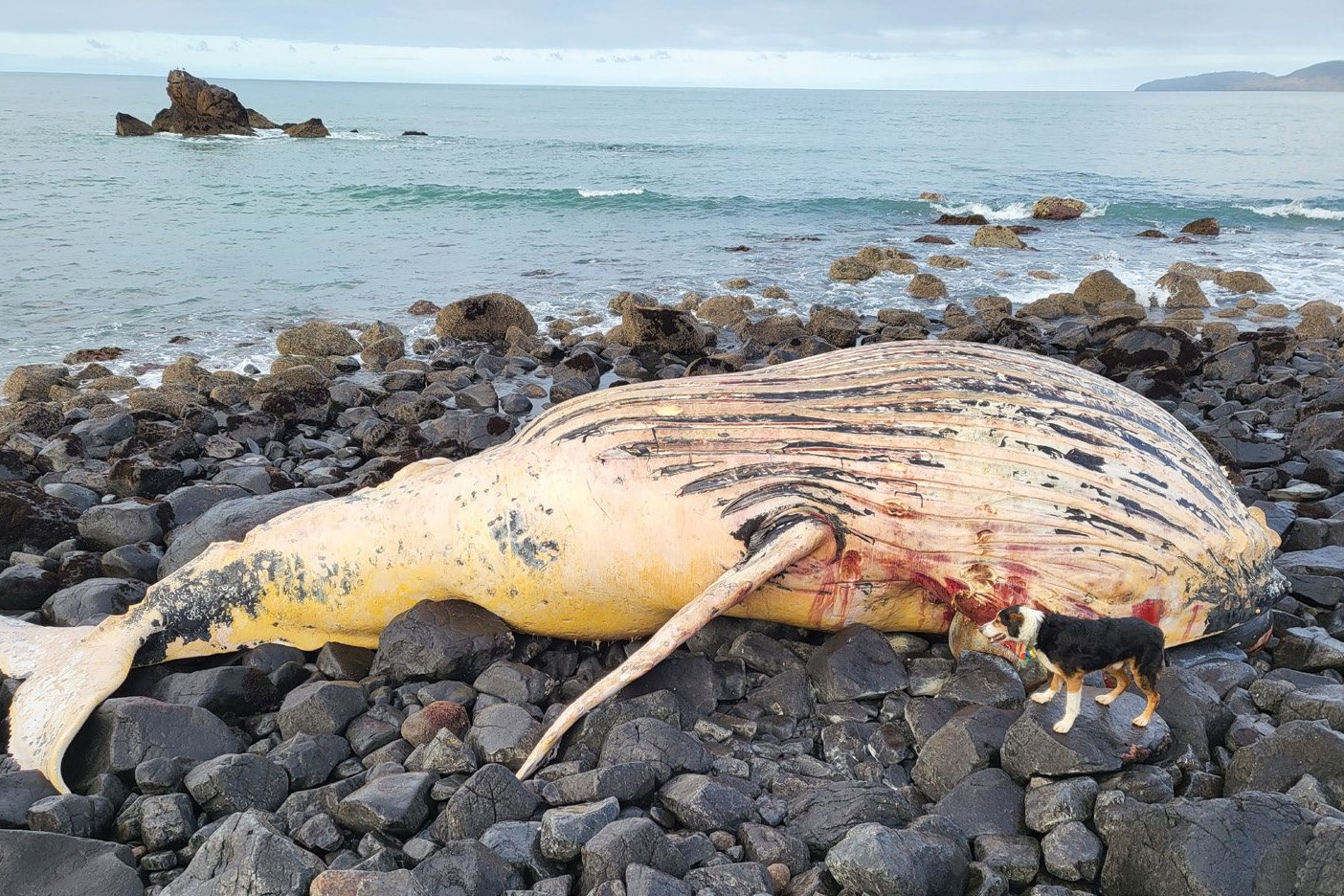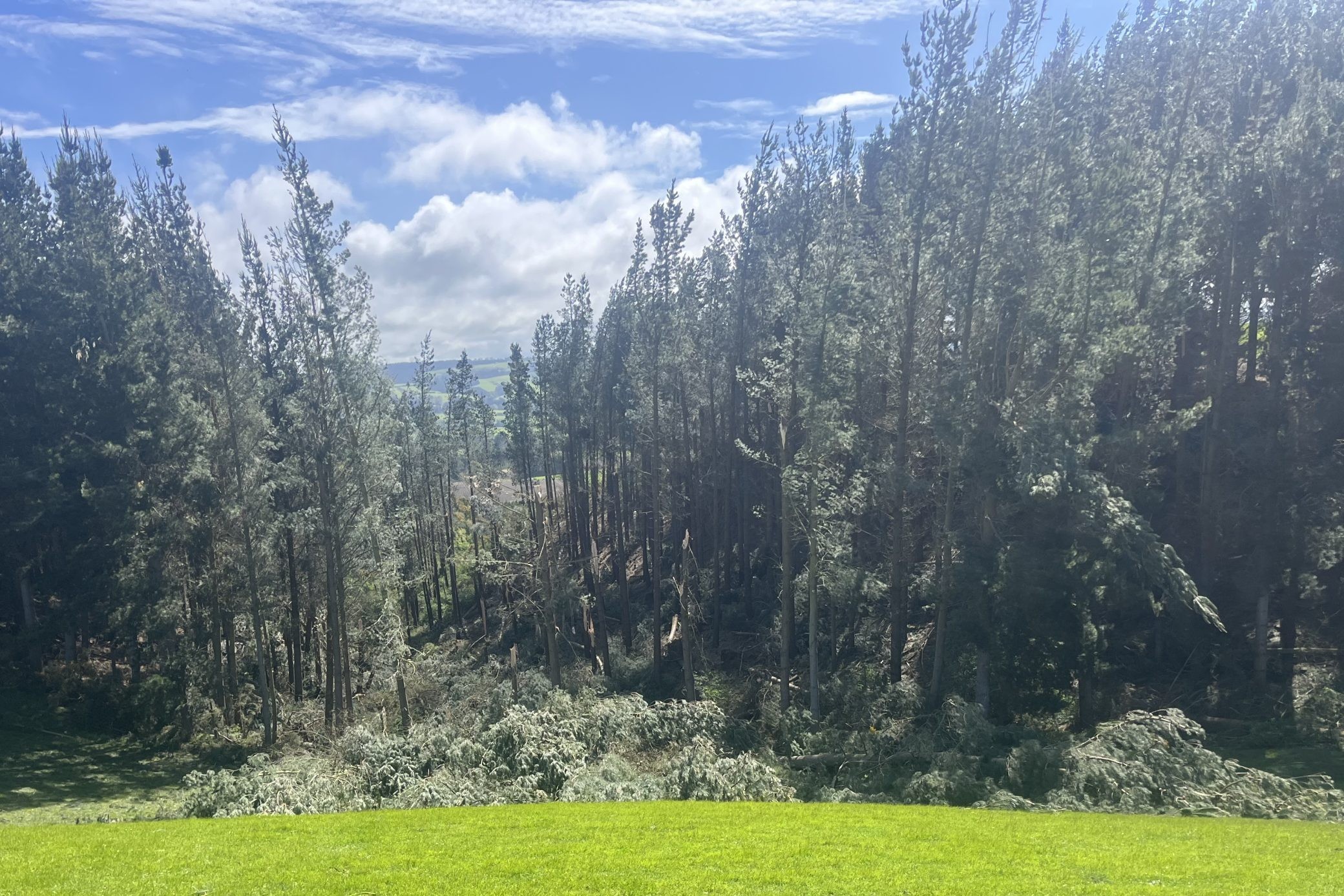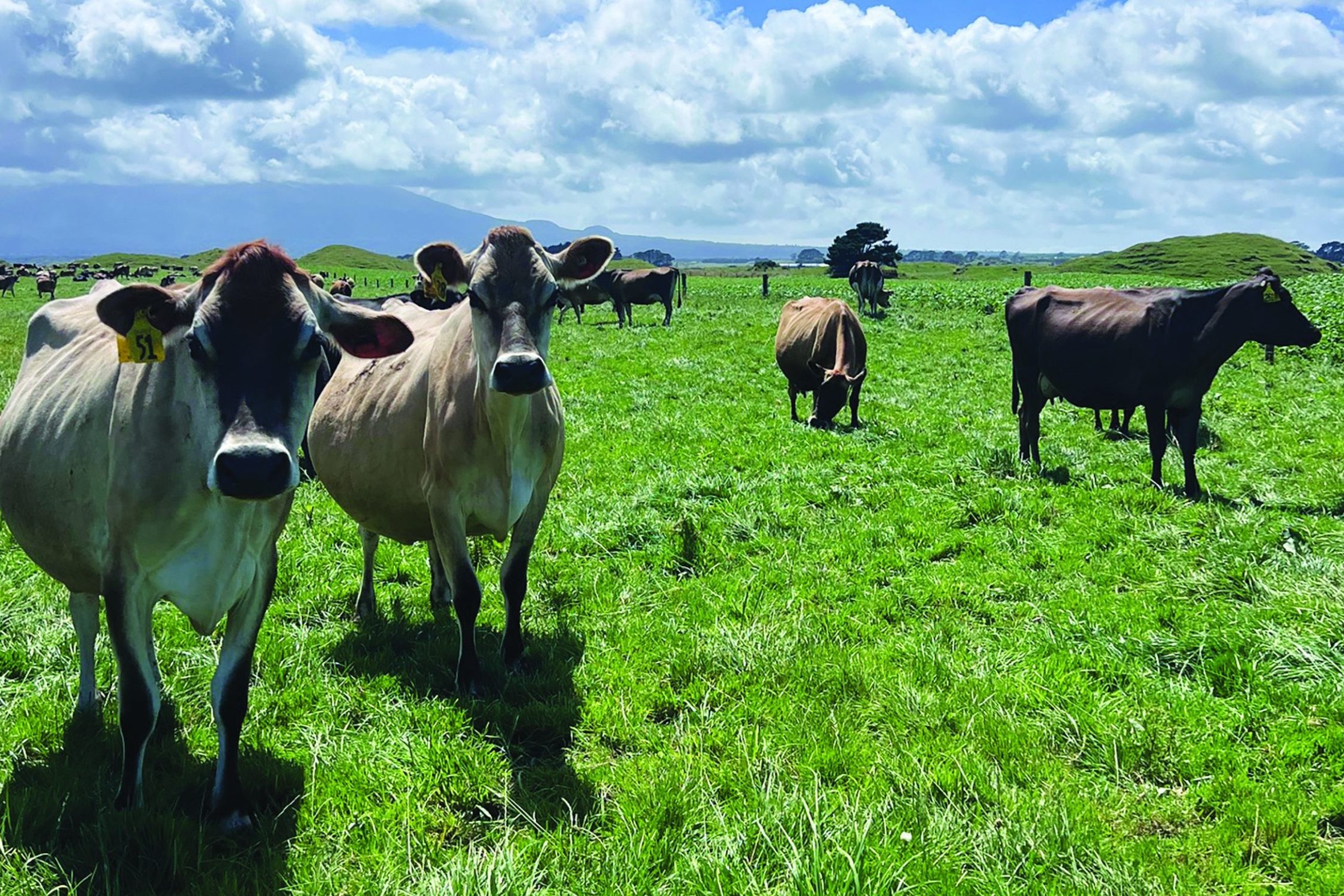Surfers, farmer and the whale
By Nicola Dennis

A DEAD WHALE HAS WASHED UP ON THE ROCKY shore of our coastal Otago farm.
Experts from DOC, Otago Museum and the local runaka (Maori council) came to inspect it. They say it is a 9.7m juvenile humpback, cause of death undetermined, and it will take months to decompose. Upon hearing about the whale, the local surfers become concerned that it will attract sharks. The experts cannot rule out a marginal increase in human-shark interactions during this time. Not good enough according to the self-identified shark food.
“Something must be done about the whale,” they cry. Nothing can be done about the whale. The sea shall take it or it shall rot on the shore, those are the two options and no one gets a say in the matter.
“My friend owns a digger,” says someone, volunteering his friend to literally drive off a cliff. “What about towing it out to sea?” asks another, as if the risk of crossing a reef with a 10-tonne deadweight is nothing compared to the marginal risk of a shark a-snack. Note, I reject the term “attack” in this context. If you bite a slug in your salad, are you “attacking it? No. It’s simply an unfortunate snacking accident.
Every second person mentions using explosives and/or the popular belief that whales spontaneously detonate anyway. I have hundreds of thousands of reasons why I will not endorse a bombing below my house.
“Are we positive that sharks are the bad guys?” I ask, trying to lighten the mood. Tilikum, one of the whales at SeaWorld Orlando, deliberately killed three people in separate, horrific attacks. We wouldn’t ask DOC to rule out attacks from the remaining whales, would we? Yes, we probably would.




